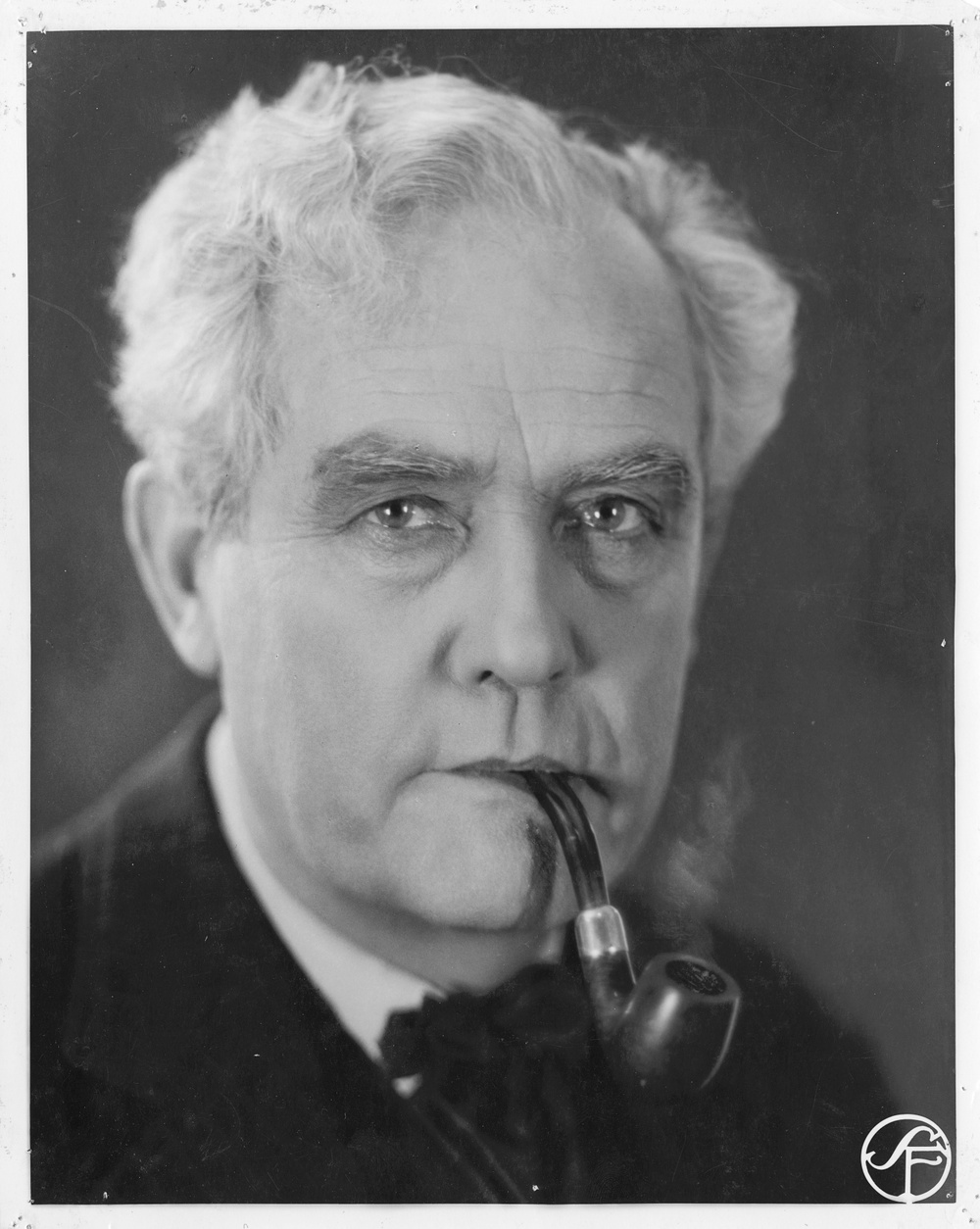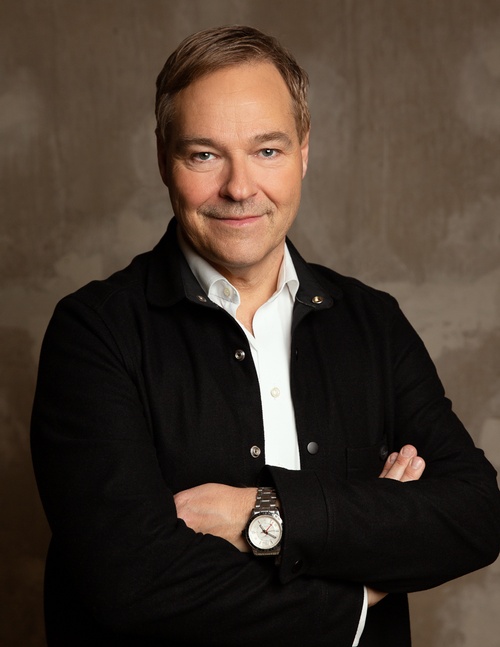Victor Sjöström retrospective and exhibition in Paris
 Victor Sjöström - creator of several masterpieces during the silent era. Photo: ©SF Studios
Victor Sjöström - creator of several masterpieces during the silent era. Photo: ©SF StudiosThe archival institution Fondation Jérôme Seydoux-Pathé in Paris is organizing an extensive cycle of films by or with legendary Swedish film director and actor Victor Sjöström between September 6 and October 10.
Victor Sjöström (1879-1960) was one of the world’s finest directors of films in the silent era, and his career follows the trajectory of professional filmmaking in Sweden.
After his formative years, during which he made the remarkable Ingeborg Holm (1913) about a widow fighting to keep her children, Sjöström’s Terje Vigen (1917) – an adaption of a poem by Norwegian writer Henrik Ibsen – became the starting point of what is known as the Golden Age of Swedish silent cinema. In the late 1910s and early 1920s Sjöström made some of the great classics of silent cinema such as The Outlaw and His Wife (1918) and The Phantom Carriage (1921), the latter one of many adaptations Sjöström did based on works by Nobel laureate Selma Lagerlöf. In many of his films, Sjöström also played the leading role himself, proving that he was one of the greatest actors of his era.
The retrospective includes all Sjöström’s surviving Swedish silent films and many of the films he directed in Hollywood, including He Who Gets Slapped (1924) with Lon Chaney and The Wind (1928) with Lilian Gish. Screened in the cycle of films are also some of the films from the 1940s and 50s in which he performed as an actor in other directors’ films, most notably Ingmar Bergman’s Wild Strawberries (1957), which was to be Sjöström’s last film.
19 of the 26 films come from the Archival Film Collections of the Swedish Film Institute; 35mm prints of restored and reconstructed versions as well as new digital restorations. Jon Wengström, Senior Curator of the collections, will be present in Paris September 22-23 to introduce films and to give an illustrated lecture which includes shorts, fragments of otherwise lost films, and rare behind-the-scenes-footage.
The retrospective is accompanied by an exhibition featuring films posters and stills from films and from sets; all stemming from the collections of the Swedish Film Institute.
- This is one of the most exhaustive Sjöström retrospectives ever, says Jon Wengström of the Swedish Film Institute, who has curated the program in collaboration with the Fondation Jérôme Seydoux-Pathé. We are very happy to present all surviving Swedish films by Sjöström for the Parisian audience, and to work once again with the Fondation, who earlier this year also organized a Greta Garbo cycle. It’s a very ambitious program, with lectures and introductions by archivists and scholars from Sweden, France and the US.
The full programme is available at Victor Sjöström - Fondation Jérôme Seydoux-Pathé (fondation-jeromeseydoux-pathe.com)
Swedish film heritage is further visible in France this autumn, with distributor Carlotta films releasing four films by female director Mai Zetterling in cinemas, and Sweden will be one of two countries in focus at the market of this year’s edition of the Lumière heritage festival in Lyon in October.
More information: Jon Wengström, curator at Swedish Film Institute jon.wengstrom@filminstitutet.se
or +46 8 665 11 24.
About The Swedish Film Institute
The Swedish Film Institute is a collective voice for film in Sweden, and a meeting-place for experiences and insights that elevate film on all levels. We preserve and make available Sweden’s film heritage, work to educate children and young people in film and moving images, support the production, distribution and screening of valuable film, and represent Swedish film internationally. A broad diversity of narratives establishes discussions and insights that strengthen the individual and our democracy. Together, we enable more people to create, experience and be enriched by film.
Contacts
